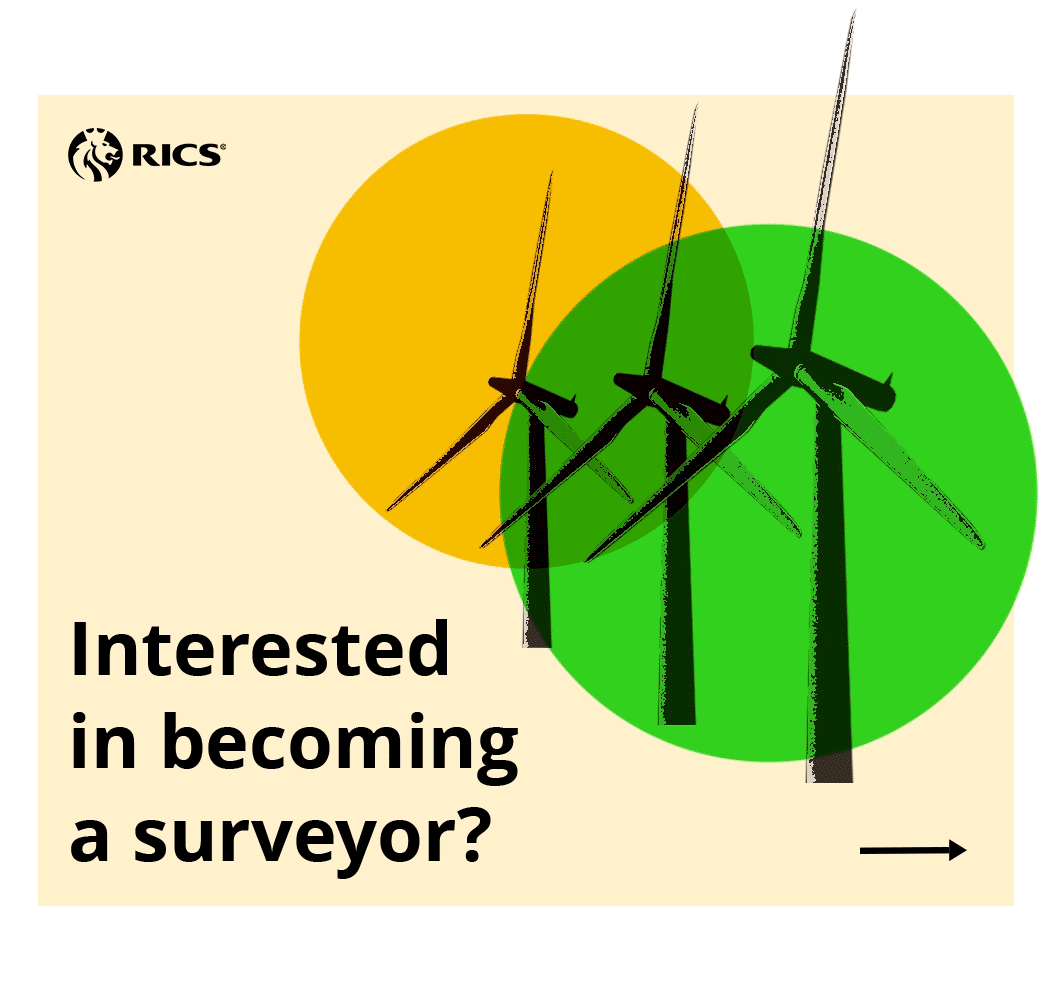
Chartered surveyors are regularly called upon to act as expert witnesses, offering their years of experience to inform legal proceedings in court.
The expert witness is a legal tool that dates back to 1772, when civil engineer John Smeaton was called upon to provide expertise in the case of Folkes vs Chadd – concerning the development of a harbour at Wells-next-the-Sea, in Norfolk.
Nowadays, expert witnesses are numerous enough that the Law Society Gazette and legal training consultancy Bond Solon have produced the Expert Witness Survey 2025.
Among the highlights of the survey are that only 20% of respondents say they have used artificial intelligence (AI) in their role as expert witness, yet this is double the figure in the 2024 survey, when 9.3% said they had.
While this sharply increasing number is eye-catching, the survey points out that it’s very low compared to the national average of 65% of people in the UK who intentionally use AI for work.
“The reticence among expert witnesses to use AI likely reflects the fact they are not yet confident about how and when it may be appropriate to do so,” says Mark Solon, managing director of Bond Solon.
Guidance on the use of AI
Some experts are using AI software such as ChatGPT to improve the language and format of their reports, to make it more accessible to non-experts, says Martin Burns, head of alternative dispute resolution (ADR) research and development at RICS. But, he adds, “it would be inappropriate for an expert witness to use AI to write the substantive content of a report and for them to submit the AI-written report, without going through it and ensuring it reflects their personal and honest opinion.”
Providing skills training for built environment professionals on how to use AI tools is not just about how to use the software, but what it can and cannot do. And, many would argue, what it should and should not be used for. For more guidance on responsible use of AI, there is a new global RICS professional standard that comes into effect from 9 March 2026.
An overwhelming 89% of respondents feel that specific guidance is required for the use of AI by expert witnesses in the UK. The report highlights comments made on 6 June 2025 by Dame Victoria Sharp, president of the King’s Bench Division of the High Court, who referred to two cases in which fake cases were cited in evidence before the court due to careless use of AI.
If official AI guidance were to be produced, Burns says he would advise an expert witness to always remember that their testimony must be their own opinion and must be within the parameters of their personal expertise. “AI can be helpful, but it must not replace the expert witness’s knowledge and judgement,” he adds.
Regulation of experts
There was a greater split of opinion on whether formal regulation of experts would be a good thing, but a still significant 59% of respondents believe that it could improve standards.
In the report, Solon points out that this is already happening in many industries: “This is relatively straightforward in professions such as medicine or psychology where some categories of psychologists are regulated.”
Respondents suggested a government register of accredited experts would be helpful, while others recommended a minimum level of CPD to be undertaken each year.
If a chartered surveyor agrees to appear in court as an expert witness, they are regulated in this function by RICS.
“RICS requires members who act as expert witnesses to have regard to RICS standards, set out in a professional statement and supporting guidance for surveyors acting as expert witness.” The latest edition of that guidance can be found here.
Taking on high-profile cases
Nearly two-thirds of the expert witnesses (62%) who responded to the survey said they would or have considered taking instruction for a potentially controversial and/or high-profile case.
According to the report, many of those who said they would take on high-profile or controversial cases were in favour of receiving anonymity from the press. Others suggested that insurance or separate legal support would be helpful.
“AI can be helpful, but it must not replace the expert witness’s knowledge and judgement” Martin Burns, RICS
Burns says: “The standards required of chartered surveyors who act as expert witnesses are the same whether they are instructed in high-profile, complex legal cases, small claims actions or in quasi-judicial proceedings such as arbitration or adjudication.
“From a practical perspective, I would advise any chartered surveyor who was contemplating acting as expert witness in a high-profile case to think about how confident they might be if they were to be in a witness box being robustly cross examined on their report and testimony by counsel.
“Also think about how confident you would be at answering questions posed directly by the tribunal on the subject area of your purported expertise. Bear in mind that the tribunal may also hear testimony from one or more other experts who disagree with your opinion(s).
“Remember you are not an advocate for the instructing party, and you will possibly face a brutal grilling from counsel who is instructed by the other party and whose job is to undermine your expertise and testimony.”
James McCreath, a barrister from Wilberforce Chambers speaking at the Bond Solon Expert Witness Conference 2025, gave his perspective as one whose job it is to provide that grilling. “Feel free to use AI as a tool to get a first draft down of some complex factual material. But do not regard it as a substitute for checking the detail. Because you are the expert, the court cares about what you think.”
Read the full Expert Witness Survey 2025. (The survey was conducted online from 1 September 2025 to 22 September 2025, with 525 experts contributing.)
Fifty years of dispute resolution
In 2026, RICS’ Dispute Resolution Service (DRS) will celebrate 50 years of providing impartial, professional solutions for resolving disputes in the built environment. Look out for events happening throughout the year by going to rics.org/DRS.


